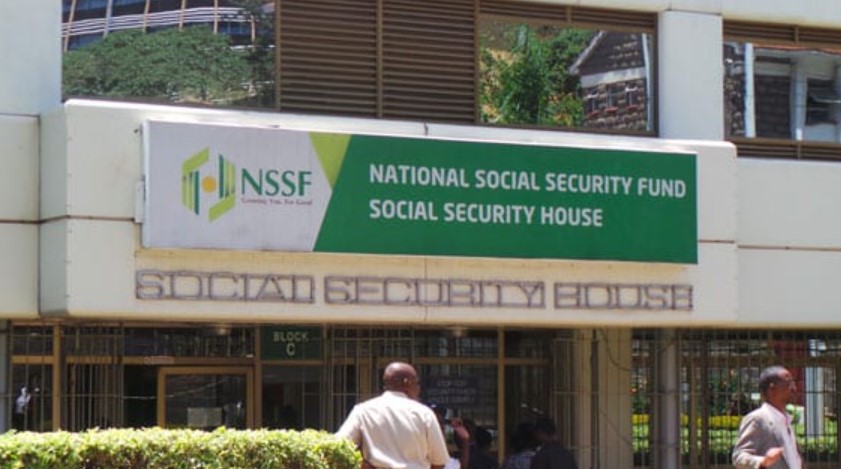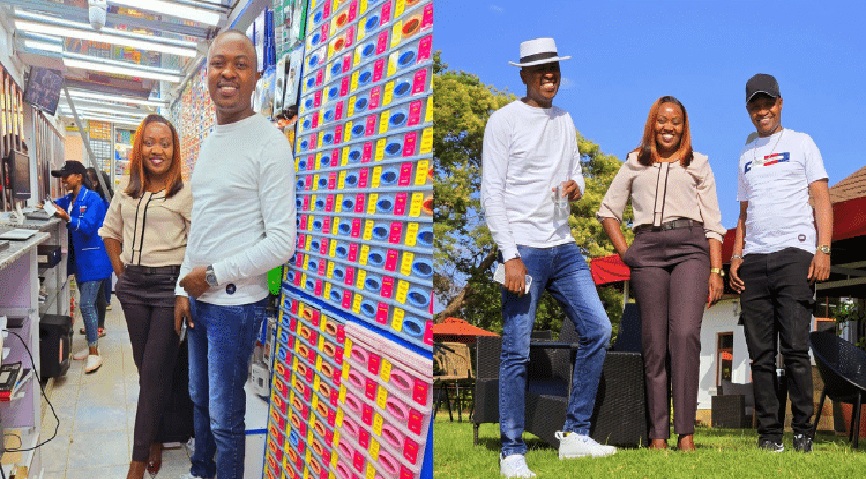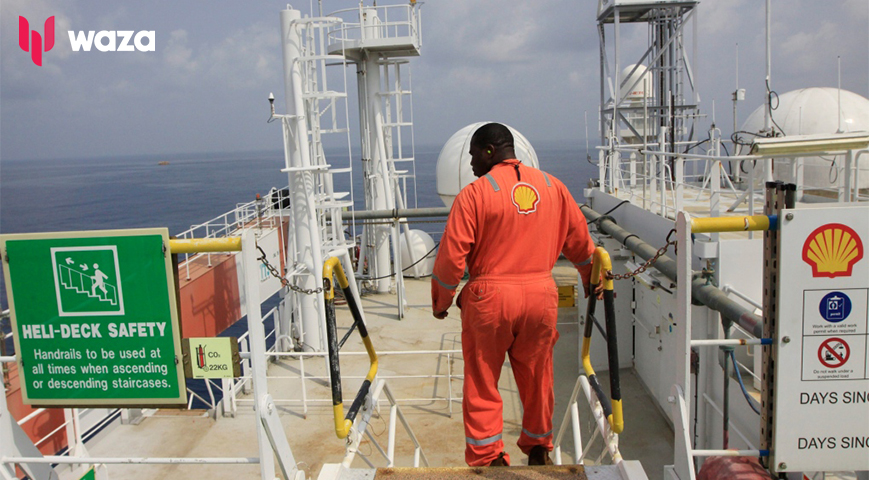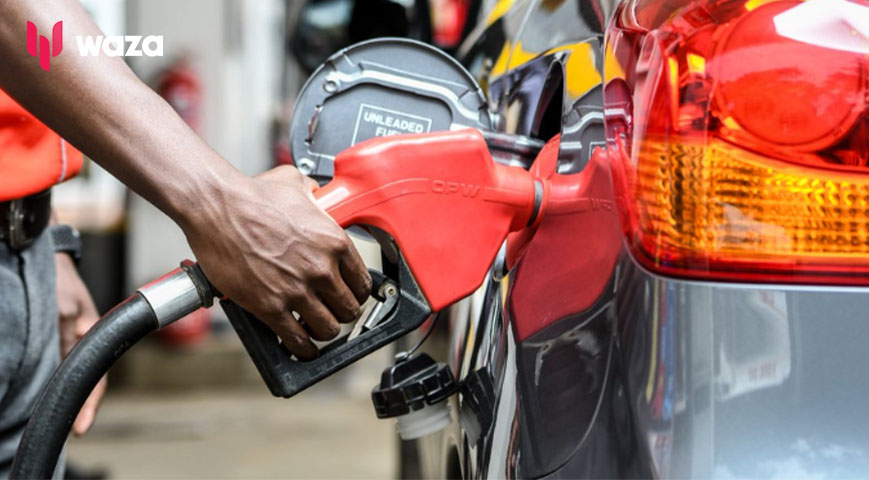The World Bank has lauded the government’s efforts to increase pension contributions by workers to the National Social Security Fund (NSSF) from the current Kes 200 per month to six percent of monthly payments.
According to the government, enhanced pension savings with employees’ monthly contribution to NSSF is expected to rise ten-fold to Kes 2,000, with employers expected to match this amount.
The move to increase the NSSF remittances has been endorsed by the Central Organisation of Trade Unions (Cotu), adding to the momentum he had made earlier after prevailing upon the workers’ union, NSSF and employers to withdraw court cases blocking the implementation of the NSSF Act 2013.
The World Bank noted that enhanced social protection will have a meaningful role in the country’s inclusive growth if, among other policy changes, the NSSF Act is amended to allow for higher contributions to the scheme by workers in the 16th Kenya Economic Update.
“Low contribution rates during working life and high operating cost of the NSSF mean that retirees typically receive low lump sums,” said the World Bank.
To increase savings by all employees, the National Assembly, on December 4, 2013, passed the National Social Security Fund Bill that received Presidential Assent on December 24, 2013.
However, the implementation of parts of the NSSF Act 2013, including the new rates, ran into headwinds after some parties went to court to challenge the law.
On September 19, 2022, the High Court declared sections of the new law unconstitutional.
President Ruto wants all workers to contribute more to the NSSF, both as a way of securing themselves during retirement.
In the spirit of saving, President Ruto has provided the provision of saving in the Hustler Fund where Kenyans can save.
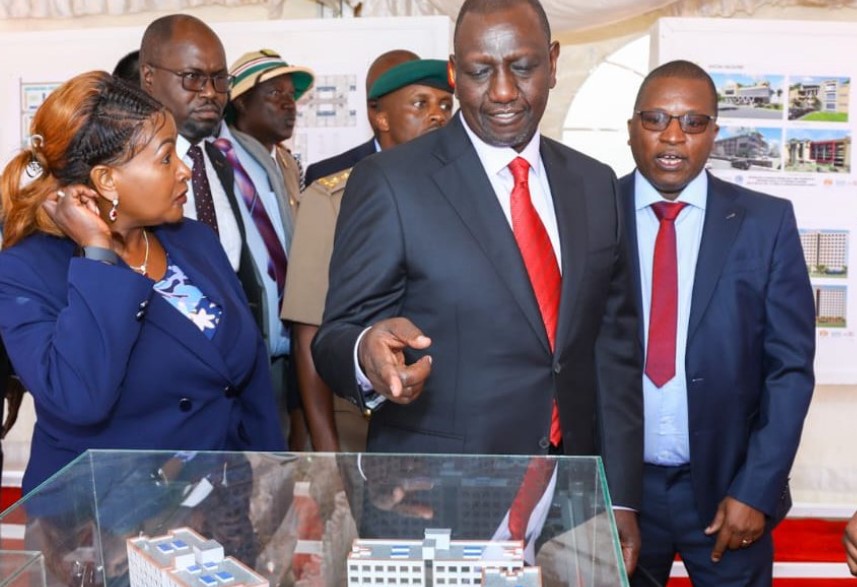
Speaking during the launch of the Mavoko housing project earlier this week, the president confirmed that Kenyans had s saved Kes 250 million in the fund since its launch.
Savings from the Hustler Fund scheme are deposited into a savings account after deducting 5% of the borrowed money.
When a customer borrows, the approved loan is disbursed to their mobile money account, with 95% deposit to the mobile money wallet and the remainder deposited to the savings account.
The savings scheme will divide savings into 70% long-term and 30% short-term, resulting in 70% of the 5% going into the long-term (pension) and 30% going into the short-term.
Further, Ruto said that saving will help build the country's economy, saying that the government should drive its development using its money without seeking foreign aid.
"The loans the country is borrowing from all over the place is because we do not have our own savings. The money we borrow from China and those other entities comes from savings from people of those nations," he added.
This comes at a time when the Treasury is seeking to borrow Kes 92 million from the World Bank to stabilize the country's economy.

